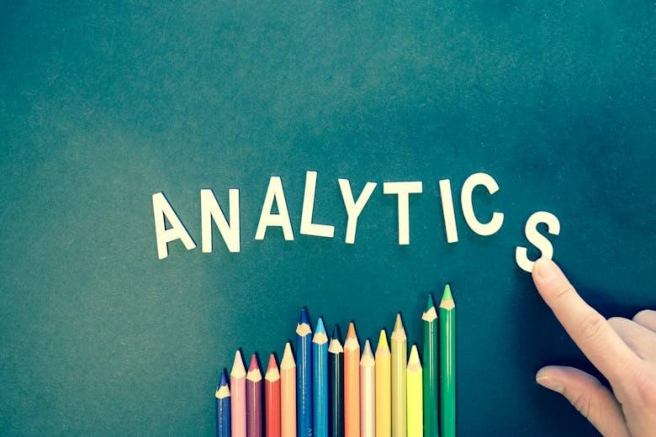Have you fallen prey to data dredging?

Have you ever found yourself swimming in a sea of data, desperately searching for a significant result? Well, hold on tight, because today we’re going to dive into the temptations of data dredging. It’s time to separate fact from fiction and ensure that our research stays on the path of integrity. So, grab your lab coat and let’s embark on this enlightening journey together!
What is Data Dredging?
You’re analyzing your study data, testing various hypotheses, and suddenly, you stumble upon a statistically significant result. Exciting, right? But before you break out the champagne, beware of the lurking danger called data dredging, also known as p-hacking or cherry-picking.
Data dredging refers to the practice of exploring data exhaustively, trying out different combinations and analyses until a statistically significant result is found, purely by chance. It’s like casting a wide net and selectively highlighting only the “winners” while disregarding the rest. If you think this sounds sneaky, you’re right!
The Pitfalls of Data Dredging
False Positives: By sifting through mountains of data, it’s almost inevitable that you’ll stumble upon a statistically significant result purely by chance. However, without a genuine underlying effect, this discovery is nothing but a false positive: a result that indicates the presence of something that actually isn’t there. Relying on such results can lead us down a misleading path and potentially harm scientific progress.
Lack of Reproducibility: Data dredging undermines the reproducibility of research. If we cherry-pick results that suit our hypotheses, we may fail to consider the overall body of evidence. Replicating such findings becomes challenging, as the effect might not actually exist or be too weak to be consistently observed. We saw this in 2020, when a few studies suggested that hydroxychloroquine might prevent or treat COVID-19, but subsequent stronger evidence showed that the drug did not have any clinical benefits for this infection.
Loss of Credibility: Engaging in data dredging erodes the credibility of researchers and the scientific community as a whole. When we prioritize significant results over rigorous methodology, we compromise the integrity of our work. Ultimately, this erodes trust and weakens the foundation upon which scientific progress stands.
Avoiding the Data Dredging Trap
Formulate a Clear Hypothesis: Before diving into data analysis, define your hypothesis and research question upfront. This helps maintain focus and reduces the temptation to wander through endless possibilities until something significant pops up.
Pre-Register Your Study: Consider pre-registering your study design, hypotheses, and analysis plan before collecting data. This practice ensures transparency and guards against post hoc analysis decisions that may lead to data dredging. It also helps distinguish between exploratory and confirmatory analyses.
Utilize Cross-Validation: To ensure the robustness of your findings, split your data into training and testing sets. Develop and test your hypotheses on the training set, and then validate them on the independent testing set. This approach helps guard against overfitting and provides a more reliable assessment of the true effects.
Embrace Transparency and Reproducibility: Share your data, code, and analysis methods openly with the scientific community. By embracing transparency and encouraging reproducibility, we collectively strengthen the foundation of scientific research and promote trust and collaboration.
Conclusion
Science is about honest exploration, rigorous methodology, and responsible analysis. By embracing transparency, we can ensure that our findings stand strong and contribute meaningfully to the advancement of knowledge. So, let’s uphold the spirit of scientific inquiry and steer clear of the treacherous path of data dredging!
Make sure you’re providing valuable and robust evidence that is worthy of publication. Consult an expert biostatistician under Editage’s Statistical Analysis & Review Services.






